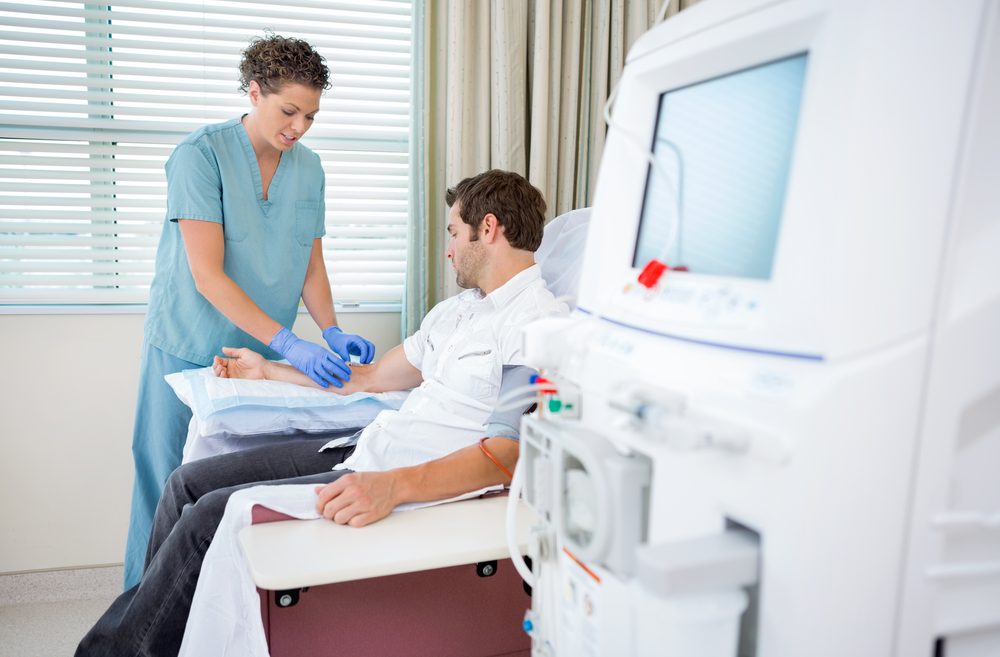INTRODUCTION:
Dealing with Chronic Kidney Disease (CKD) is tough—it needs both medical care and emotional support. That’s why Fort Worth Renal Group (FWRG) is here to help! If you’re taking care of someone with CKD, especially during tough times, your role is super important. This post is all about giving you straightforward info, handy tips, and breaking down medical terms so you can support your loved one through their CKD journey.
Understanding Chronic Kidney Disease (CKD):
CKD is a condition where the kidneys gradually lose function over time. It has five stages, with severity increasing from Stage 1 to Stage 5. Each stage requires specific strategies and lifestyle adjustments. Knowing your loved one’s CKD stage is crucial for tailoring effective care.
Key Medical Terms:
- Glomerular Filtration Rate (GFR): This measures the blood filtered by tiny kidney filters (glomeruli) per minute. It’s vital for assessing kidney function.
- Creatinine: A waste product healthy kidneys filter out. High creatinine levels indicate impaired kidney function.
- Dialysis: A medical procedure mimicking the kidney’s function, removing waste and excess fluid from the blood.
- Nephrologist: A specialist in kidney health and treatment of kidney diseases.
Physical Care Tips:
- Medication Management:
- Ensure they take prescribed medications.
- Keep a schedule to avoid missed doses.
- Report any side effects to the healthcare team.
- Dietary Management:
- Collaborate with a dietitian for a kidney-friendly diet.
- Monitor fluid intake to prevent dehydration or excess.
- Limit sodium, phosphorus, and potassium as per medical advice.
- Regular Monitoring:
- Schedule regular check-ups and tests as advised.
- Keep an eye on blood pressure and report fluctuations.
Emotional Support Strategies:
- Open Communication:
- Encourage your loved one to share feelings.
- Listen without judgment.
- Foster open communication with healthcare professionals.
- Educational Empowerment:
- Learn about CKD together.
- Attend educational sessions or support groups.
- Encouragement and Positive Reinforcement:
- Celebrate achievements, no matter how small.
- Boost morale with a positive mindset.
- Navigating Crisis Situations:
- Emergency Preparedness:
- Have an emergency plan with contact info and medical details.
- Ensure accessibility to medication lists and recent lab results.
- Crisis Debriefing:
- Discuss the crisis experience with your loved one.
- Identify areas for improvement in the emergency plan.
- Emergency Preparedness:
Conclusion:
Providing care to CKD patients involves medical knowledge, practical caregiving skills, and emotional support. By understanding medical terms, implementing physical care strategies, and offering unwavering emotional support, caregivers play a crucial role. Remember, you’re not alone—lean on FWRG, our healthcare professionals, and supportive networks for guidance and assistance.




